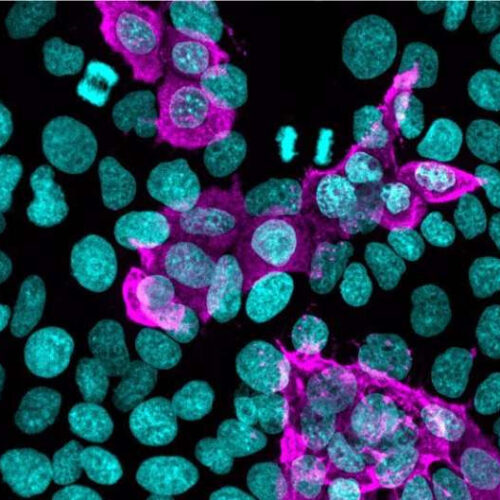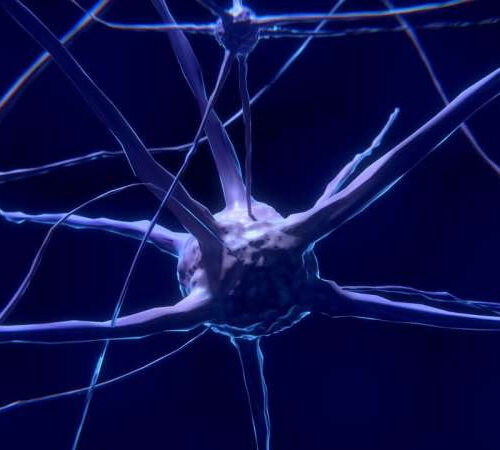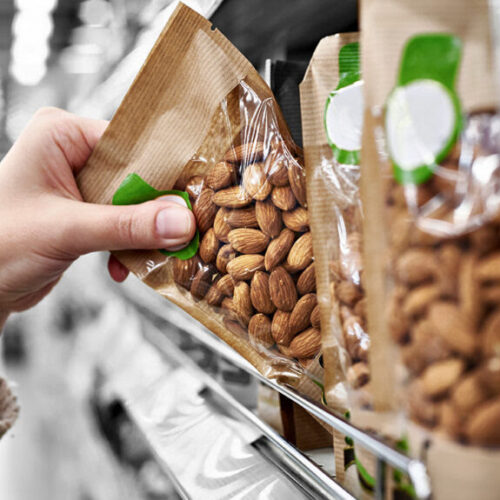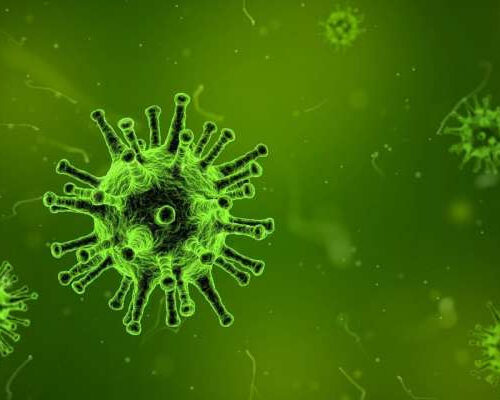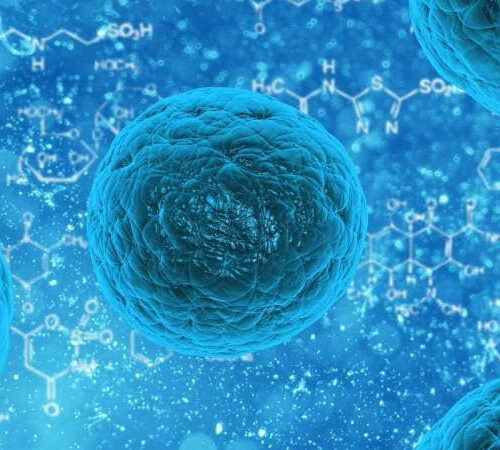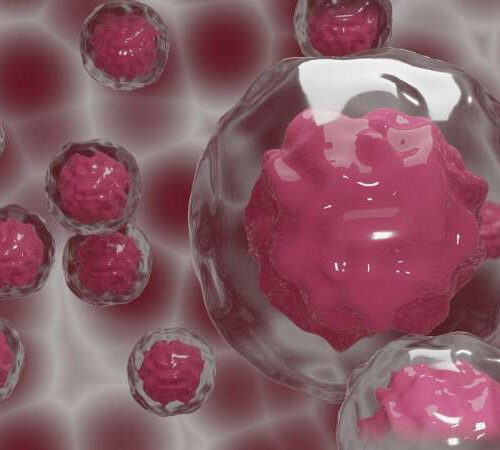Drugs that repair damage to a gel-like layer in the tiny blood vessels of the heart could present a much-needed treatment for heart failure in people with diabetes, according to University of Bristol-led research funded by the British Heart Foundation and published in Diabetologia. The gel-like layer – called the glycocalyx – lines the inside...
Research looking at blocking the action of damaged genes
Commonly, these conditions involve a failure to thrive, retardation of psychomotor development, low muscle tone, and severe neurologic dysfunction. Because the root cause of these neurological conditions is so minuscule, they can be incredibly difficult to diagnose and even harder to treat with the necessary specificity. A team led by researchers at the University of...
Endocrinologist takes Alzheimer’s disease research in new directions
For decades, the thinking about Alzheimer’s disease has been dominated by the so-called amyloid hypothesis which proposes that an abnormal accumulation of amyloid-beta plaques in various parts of the brain is the main driver of a cascade of events, leading to the loss of synapses and the death of neurons causing deficits in cognition and...
Fighting COVID-19 with milk?
by Elsevier Infected cells shown in magenta. Credit: Jonathan Z. Sexton As the COVID-19 pandemic continues to claim lives around the world, dairy scientists may have a surprising role to play. In a new report published in the Journal of Dairy Science, scientists from the University of Michigan (Ann Arbor, MI, USA) and Glanbia PLC Research...
Scientists discover a new molecular pathway shared by two neurodegenerative disorders
by National Institutes of Health Credit: Pixabay/CC0 Public Domain Researchers from two independent research teams have discovered how the mislocalization of a protein, known as TDP-43, alters the genetic instructions for UNC13A, providing a possible therapeutic target that could also have implications in treating amyotrophic lateral sclerosis (ALS), frontotemporal dementia (FTD), and other forms of...
10 high calorie snacks for weight gain
High calorie snacks can help a person gain weight. Drinking calories in the form of smoothies, using high calorie toppings, and choosing full-fat dairy products can add additional calories to a person’s diet. sergeyryzhov/Getty Images Losing excessive weight or being underweight can be harmful to a person’s health. People with certain medical conditions, such as...
Expert explains changing approach to heart issues in athletes
by Mayo Clinic Credit: Pixabay/CC0 Public Domain Heart conditions can be game-ending or even life-threatening for competitive and recreational athletes alike, but physicians are realizing that in many cases, cardiac issues can be managed to help patients carry on with sports. Elijah Behr, M.D., a cardiologist at Mayo Clinic Healthcare in London, explains the trend...
New way viruses trigger autoimmunity discovered
by Washington University School of Medicine Credit: Pixabay/CC0 Public Domain Autoimmune diseases such as rheumatoid arthritis and Type 1 diabetes are thought to arise when people with a genetic susceptibility to autoimmunity encounter something in the environment that triggers their immune systems to attack their own bodies. Scientists have made progress in identifying genetic factors...
Cell research on rare disease finds new link to inflammation
by Dr Sophia Davidson, University of Melbourne Credit: CC0 Public Domain “How many people actually have this disease?” It’s a potentially triggering question at a family BBQ. I had just finished explaining why I’d recently traveled to the U.S. to work on samples from patients with a rare disease called proteasome related autoinflammatory syndrome (PRAAS)....
For cancer patients on immunotherapy, harmful gut bacteria might matter more than helpful ones
by Oregon State University Credit: CC0 Public Domain Melanoma patients receiving therapy that helps their immune system kill cancer cells respond to treatment differently depending on the types of microbes in their gut, and new research suggests the microorganisms hindering therapy have more influence than the beneficial ones. Findings by a collaboration that included researchers...

